Things Kids Today Will Never Understand
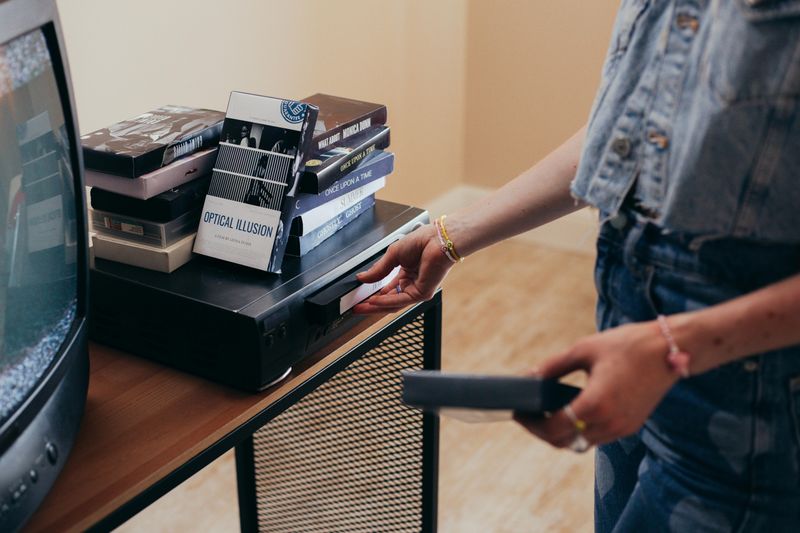
Growing up means experiencing the world in ways that change with every generation. Technology and culture move so fast that what seemed normal just a couple of decades ago now feels like ancient history. If you were born after the year 2000, there are countless everyday things your parents or grandparents dealt with that might sound completely bizarre to you today.
1. Film Cameras and Waiting for Photos
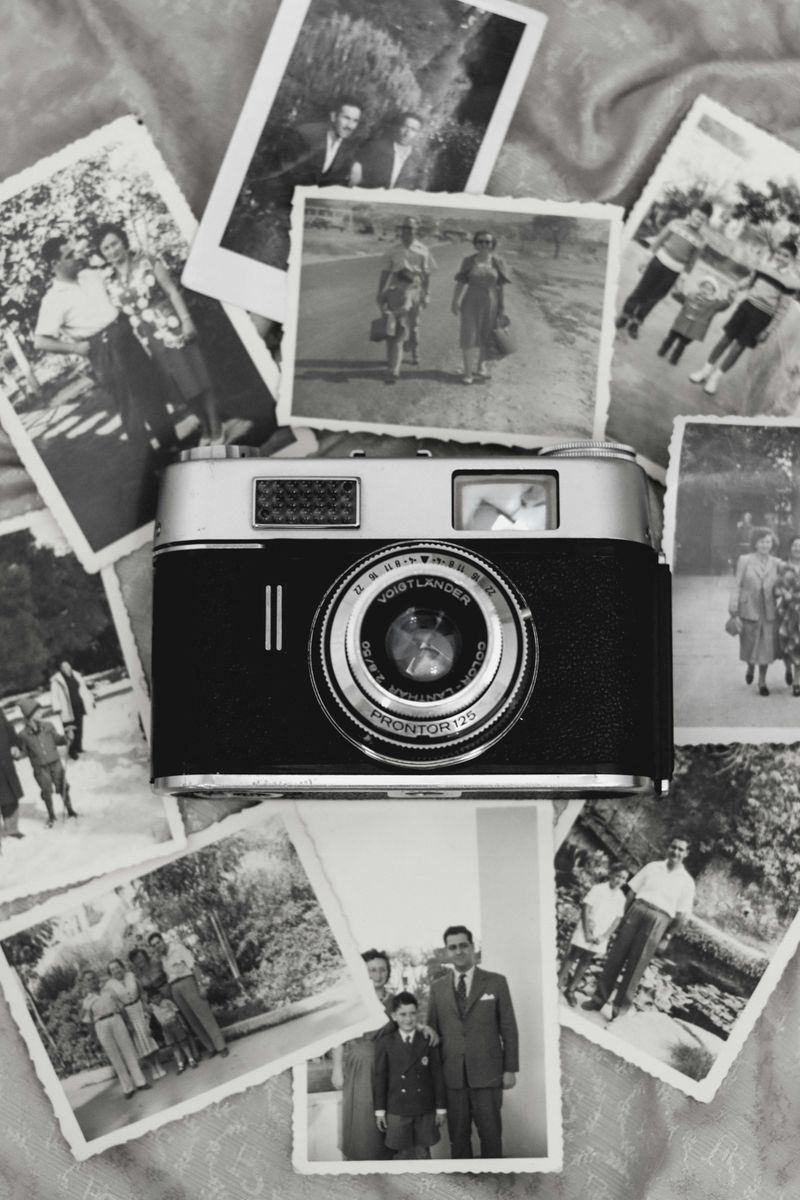
Snapping a picture used to be just the beginning of a long adventure. Back when film cameras ruled, you couldn’t instantly see what you captured. Every shot counted because film rolls only held 24 or 36 exposures.
After finishing a roll, you’d drop it off at a photo lab and wait days, sometimes even a week, to get your prints back. Opening that envelope felt like Christmas morning because you had no idea if your photos turned out blurry, too dark, or absolutely perfect.
This waiting game taught patience and made each photograph feel more valuable and special than today’s endless digital snapshots.
2. Rotary Dial Phones
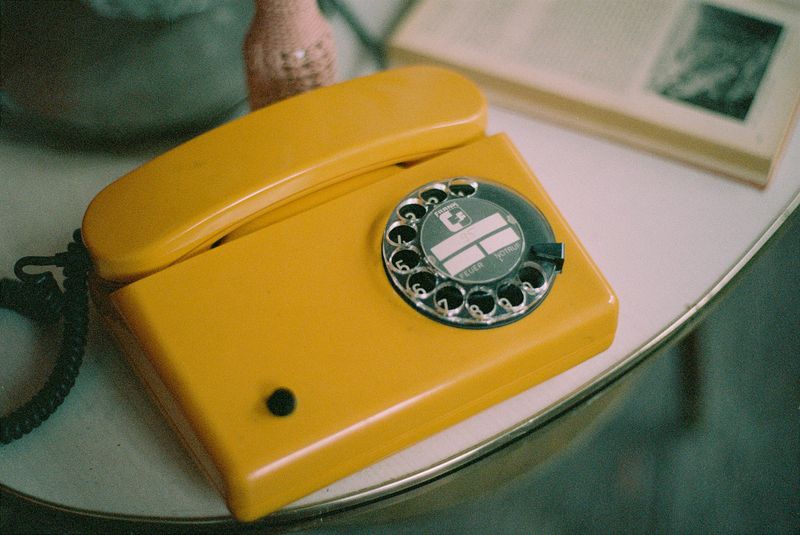
Rotary phones featured a circular disk with holes for each number, and you’d stick your finger in the hole and rotate it all the way around. Dialing a wrong number meant starting completely over.
If someone had lots of nines or zeros in their phone number, calling them took forever! There was no speed dial, no contacts list, and definitely no texting.
These phones were attached to walls with cords, so private conversations meant stretching that cord as far as possible into another room while hoping nobody picked up another extension.
3. VHS Tapes and Blockbuster Nights

Friday nights once meant piling into the car and heading to the video rental store. Families would spend thirty minutes browsing shelves packed with VHS tapes, hoping the movie they wanted wasn’t already rented out. Finding that perfect film felt like winning a small victory.
After watching, you had to rewind the tape before returning it, or you’d face annoying late fees. Some people even owned special rewinding machines! The picture quality was fuzzy compared to today’s high-definition streaming, but nobody minded.
This whole ritual created anticipation and made movie night feel like a genuine event worth looking forward to.
4. The Screech of Dial-Up Internet

Getting online wasn’t always as simple as tapping a phone screen. Dial-up internet required connecting your computer to a phone line, then waiting through a series of bizarre screeching, buzzing, and beeping noises that sounded like a robot having a meltdown.
Once connected, speeds were painfully slow. Loading a single webpage could take several minutes, and downloading a song might require leaving your computer on overnight. Nobody could use the phone while someone was online, leading to countless family arguments.
If someone picked up the phone during your internet session, you’d get instantly disconnected and have to start the whole noisy process over again.
5. Hunting for a Working Payphone

Before everyone carried smartphones, staying in touch while away from home meant finding a payphone. These bulky metal phones stood in booths on street corners, outside gas stations, and in shopping malls. Making a call required feeding coins into a slot, with long-distance calls eating up quarters faster than you could believe.
Sometimes you’d discover a payphone that was broken, had a missing receiver, or had been vandalized. Finding a working one felt like striking gold, especially in emergencies.
Parents would give kids a quarter or two for emergencies, and remembering important phone numbers was absolutely essential since there was no way to look them up.
6. Making Mixtapes from the Radio
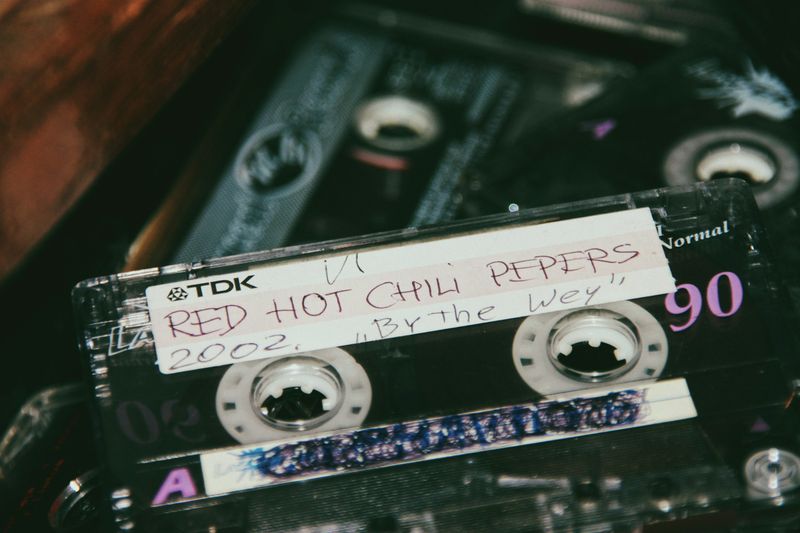
Creating the perfect playlist once required serious dedication and timing. You’d sit by the radio with a blank cassette tape, waiting for your favorite song to play. When it finally came on, you’d frantically hit the record button, hoping the DJ wouldn’t talk over the beginning or end.
Making a mixtape for someone special was the ultimate romantic gesture. You’d carefully select each song, arrange them in the perfect order, and decorate the cassette label with colorful markers.
Unlike today’s instant playlists, this process took hours of patient listening and resulted in a truly personalized gift that showed how much you cared about someone.
7. Saturday Morning Cartoon Rituals

Waking up early on Saturdays wasn’t a chore when cartoons were involved. Networks dedicated entire morning blocks to animated shows, and missing your favorite meant waiting a whole week for the next episode. No streaming services existed to save you.
Kids would drag blankets into the living room, pour giant bowls of sugary cereal, and plant themselves inches from the TV screen. Commercial breaks were perfectly timed for bathroom runs or grabbing more snacks.
This weekly tradition created shared cultural moments because everyone watched the same shows at the same time, giving kids common ground for Monday morning conversations at school.
8. Folding Road Maps Like Origami

Road trips once required actual navigation skills beyond following a GPS voice. Families kept enormous paper maps in the glove compartment, which unfolded to ridiculous sizes and covered entire dashboards. Reading these maps while the car bounced along required concentration and a strong stomach.
Getting lost meant pulling over to study the map and figure out where you went wrong. Arguments about directions were common, and refolding the map correctly felt impossible—it never seemed to fit back the same way.
Navigators took their job seriously, calling out turns and watching for landmarks, making everyone in the car part of the journey instead of mindlessly following digital directions.
9. Writing Letters and Waiting Weeks

Staying in touch with distant friends or relatives meant grabbing pen and paper. You’d carefully compose your thoughts, share news, maybe include photos, then address an envelope, stick on a stamp, and drop it in a mailbox. After that came the hardest part: waiting.
Replies could take weeks or even months if your correspondent lived far away. Checking the mailbox became a daily ritual filled with hope and anticipation. Receiving a letter felt incredibly special because someone had invested real time and effort into connecting with you.
This slower pace of communication made words feel weightier and relationships more intentional than today’s instant messages that disappear into forgotten chat threads.
10. TV Guides and Scheduled Programming
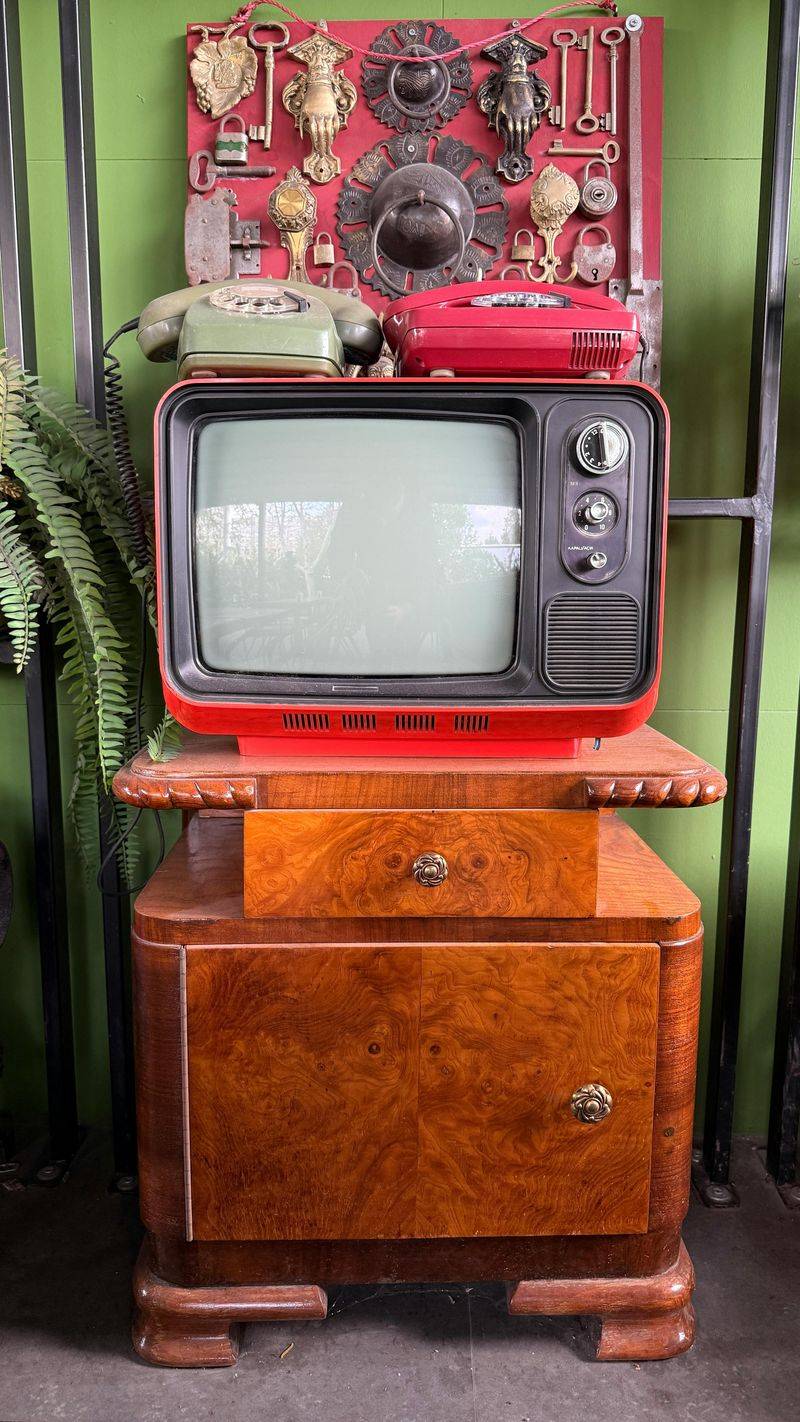
Figuring out what to watch required consulting a TV Guide magazine or the television listings in newspapers. You’d flip through pages of tiny print, searching for interesting shows and marking them with a pen. Planning your viewing schedule became a weekly activity.
Missing your favorite show was genuinely disappointing because DVRs didn’t exist. You’d either catch the rerun during summer or hope a friend recorded it on their VCR. Appointment television meant everyone watched popular shows at the same time.
Water cooler conversations and playground discussions revolved around what aired the night before, creating shared cultural experiences that streaming services have largely eliminated with their on-demand convenience.
11. Encyclopedia Research Projects

Homework assignments once sent kids to dusty encyclopedia sets or library reference sections. These heavy books contained information on thousands of topics, arranged alphabetically across multiple volumes. Finding what you needed meant flipping through pages and taking handwritten notes.
If your family couldn’t afford encyclopedias, you’d spend afternoons at the library, competing with other students for the same volumes. Copying information by hand was tedious, but it helped you actually remember what you learned.
Research felt like detective work, following references from one article to another, sometimes discovering fascinating tangents that had nothing to do with your original assignment but expanded your knowledge anyway.
12. Blowing on Video Game Cartridges
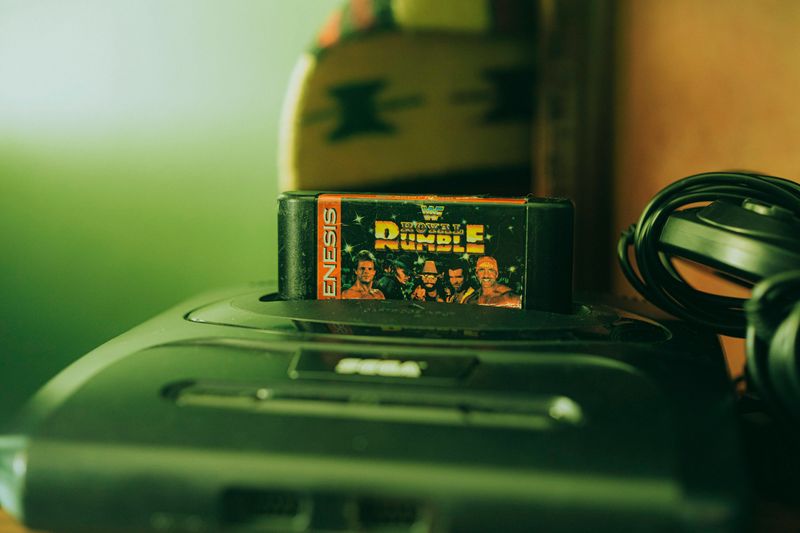
Getting your video game to work sometimes felt like performing magic. When a game cartridge wouldn’t load, the universal solution was pulling it out and blowing into it, supposedly removing dust from the connectors. Whether this actually worked or not remains debated, but everyone swore by it.
You’d blow hard into the cartridge, maybe wipe it on your shirt, then carefully reinsert it into the console and cross your fingers. Sometimes you’d repeat this ritual five or six times before the game finally started.
This quirky troubleshooting method became a shared experience among gamers, creating a strange sense of community through our collective belief in the power of breath over technology.
13. Busy Signals and Calling Back
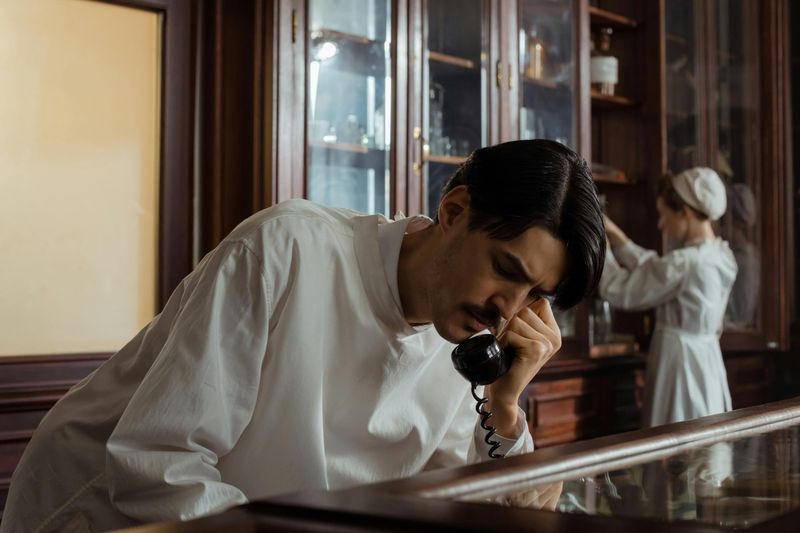
Calling someone didn’t guarantee you’d reach them. If they were already on the phone, you’d hear a repetitive beeping sound called a busy signal. This meant hanging up, waiting a few minutes, and trying again. No voicemail, no texting—just patience and persistence.
Popular radio contest lines stayed busy for hours, requiring obsessive redialing. Some people developed lightning-fast finger techniques for hanging up and immediately calling back. Reaching someone after dozens of busy signals felt like a genuine accomplishment.
This limitation actually protected people’s attention and time, preventing the constant interruptions that smartphones bring today, though it certainly tested everyone’s patience when you really needed to reach someone urgently.
14. Developing Patience for Everything
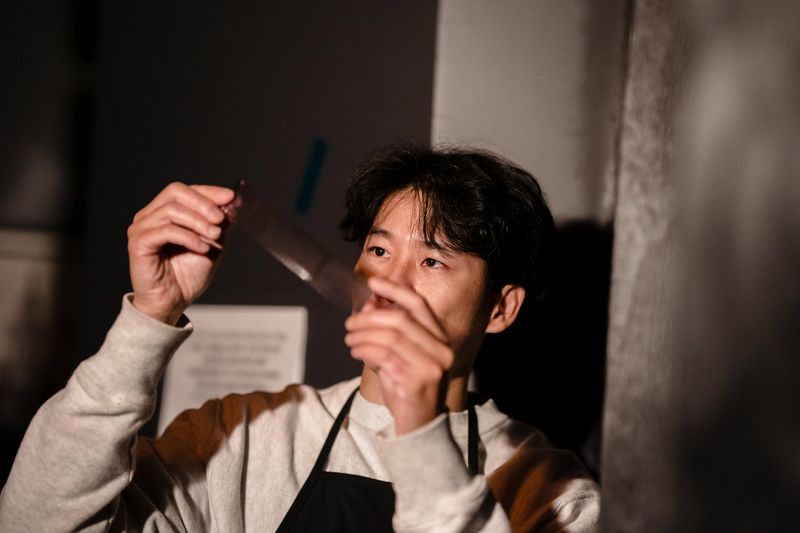
Life moved at a fundamentally different pace before instant gratification became normal. Everything took longer—from getting photos developed to downloading files, from heating food to receiving mail. Waiting wasn’t just common; it was unavoidable and expected.
This slower rhythm taught valuable lessons about anticipation and appreciation. When things took effort and time, you valued them more. Instant access to everything has created convenience but eliminated the satisfaction that comes from patient anticipation.
Kids today might never understand how waiting actually enhanced experiences, making rewards feel earned rather than entitled, and creating memories around the journey rather than just the destination of getting what you wanted.
15. Memorizing Phone Numbers
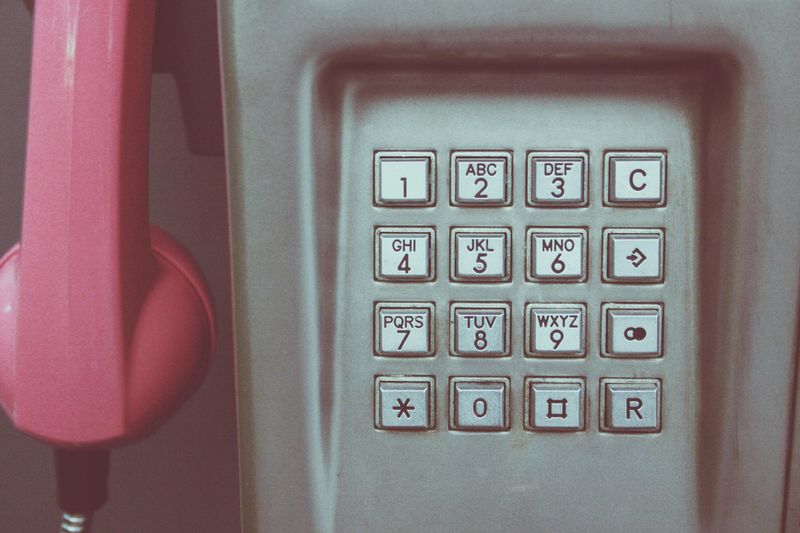
Your brain once served as your primary contacts list. People memorized dozens of important phone numbers because there was no other reliable way to reach someone when away from home. Forgetting a number meant looking it up in a physical phone book or calling directory assistance for help.
Kids knew their home number, their best friend’s number, and often their grandparents’ numbers by heart. Adults could rattle off work contacts, favorite restaurants, and emergency services without thinking twice. This mental exercise kept minds sharp and created genuine connections between people and numbers.
Today’s smartphones have made this skill obsolete, but older generations still remember numbers from decades ago while struggling to recall what they saved in their phones yesterday.

Comments
Loading…